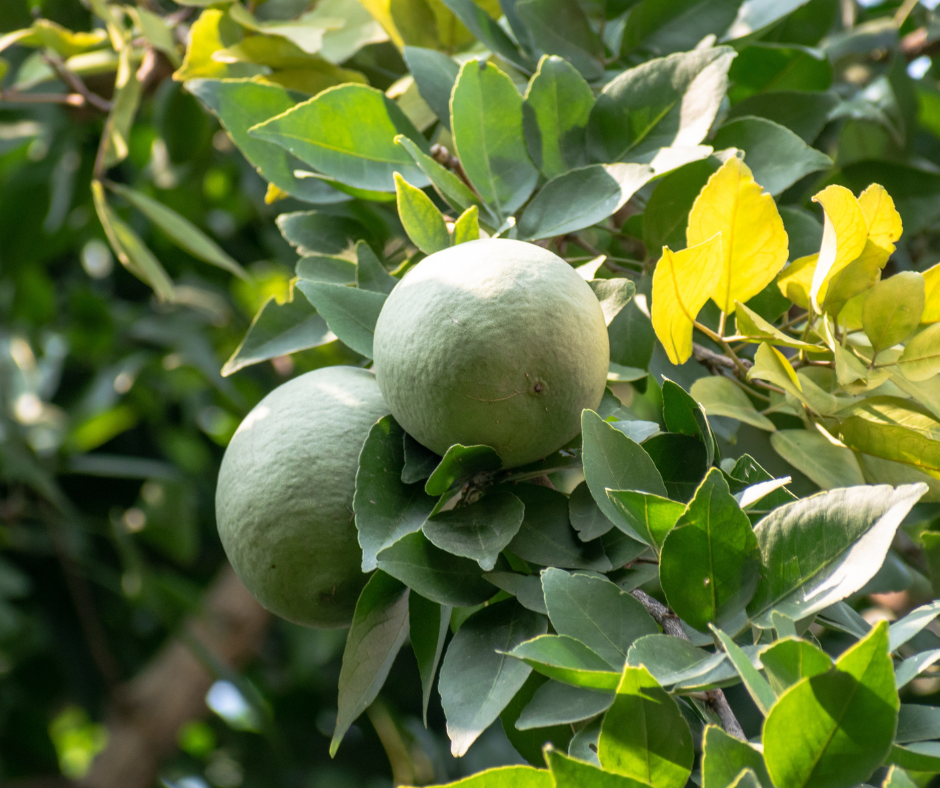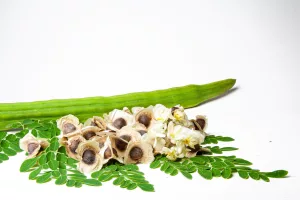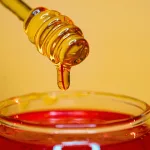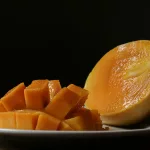
Have you seen Bael Tree before? Did you know that you can use this fruit as an alternative medicine to help ease the pain or cold you’re experiencing if you’re suffering from a fever?
Bael Tree is the common name for Aegle marmelos in India. Depending on the kind, this tree can reach heights of 3–6 meters. This Bael tree has oval leaves and fragrant, fragrant blossoms. The outer skin of the huge, round or oval-shaped fruit is rigid and smooth, with a greenish-white tint. There is a mucilaginous, subtly fragrant pulp inside the apple.
Have a look at these 11 Medicinal Uses of Bael Tree that could be of additional help to you.
- Bael Tree can be used as a gentle aid to the digestive process.
- To relieve pain and swelling of the mucosal surface while retaining the ability to discharge fluid freely.
- The treatment of choice for those suffering from asthma.
- Either a significant reduction in temperature or a complete absence of fever is observed.
- The rates at which mucus can be evacuated from the cardiovascular system is sped up as a result.
- For the symptoms of jaundice and constipation caused by an abnormal buildup of fluid within the body’s tissues.
- As an all-around anti-inflammatory treatment for severe conjunctivitis (eye inflammation), acute bronchitis, and general body inflammation.
- For the sporadic cases of high body temperature accompanied by feelings of depression, irritability, or palpitations.
- For the purpose of preventing scurvy and assisting with digestion, strengthening and toning the stomach is beneficial.
- For persistent bouts of diarrhea or dysentery, as well as irritation of the gastrointestinal tract.
- in the event that you are suffering from indigestion, discomfort, or pain in the stomach.
How can the Bael Tree be used as a treatment for various diseases?
- Anyone suffering from asthma, fever, catarrh, or irritation of the mucous membranes who have a free discharge can all benefit from drinking a decoction made from the Bael tree’s leaves. 10–15 grams for every liter of water is the recommended dosage.
- The leaves can be brewed into a soothing decoction that acts as a febrifugal (aids in reducing fever) and expectorant (encourages the expulsion of mucus from the bronchi).
- When dropsy, an abnormal buildup of fluid in the epithelial tissue, as well as constipation and jaundice are present, the leaf juice is taken. Dropsy is an abnormal fluid buildup in the cellular tissue.
- If you have ophthalmia, which is severe swelling of the eyes or conjunctiva, along with respiratory infections and infection of the body, a hot compress of the leaves will help.
- Tea made from the rootbark has been shown to be effective in treating a variety of mood problems, including melancholy, irregular heartbeats, and others.
- To strengthen and tone the stomach, an unripe fruit stomachic can be taken. It helps with digestion and wards off scurvy. It’s also taken for GI discomfort, chronic diarrhoea/dysentery, and the like.
- Aromatic, refreshing, and somewhat laxative best describe the mature fruit.
- In cases of persistent constipation and dyspepsia, indigestion, discomfort, or pain, a mixture of ripe fruit extract and water is recommended.
Disclaimer: This is for informational purposes only.
Did you find this helpful? Let us know in the comments.
You can also visit our Facebook and YouTube pages to know more about plants and their health benefits.
You might also like:
- 6 Interesting Facts About Grapefruit’s Medicinal Benefits You Must Know
- 6 Medicinal Uses Of Bamboo That Will Surprise You
- The 7 Medicinal Uses Of Mountain Ebony And How To Reduce Obesity Amazingly?
- The Unexpected Way Sprout-Leaf Plant Can Cure Boils And Bruises
- How To Use Cardamom As Medicine For Digestion And Other Stomach Problems?









1 thought on “How Amazing Bael Tree Can Lower Down Fever”